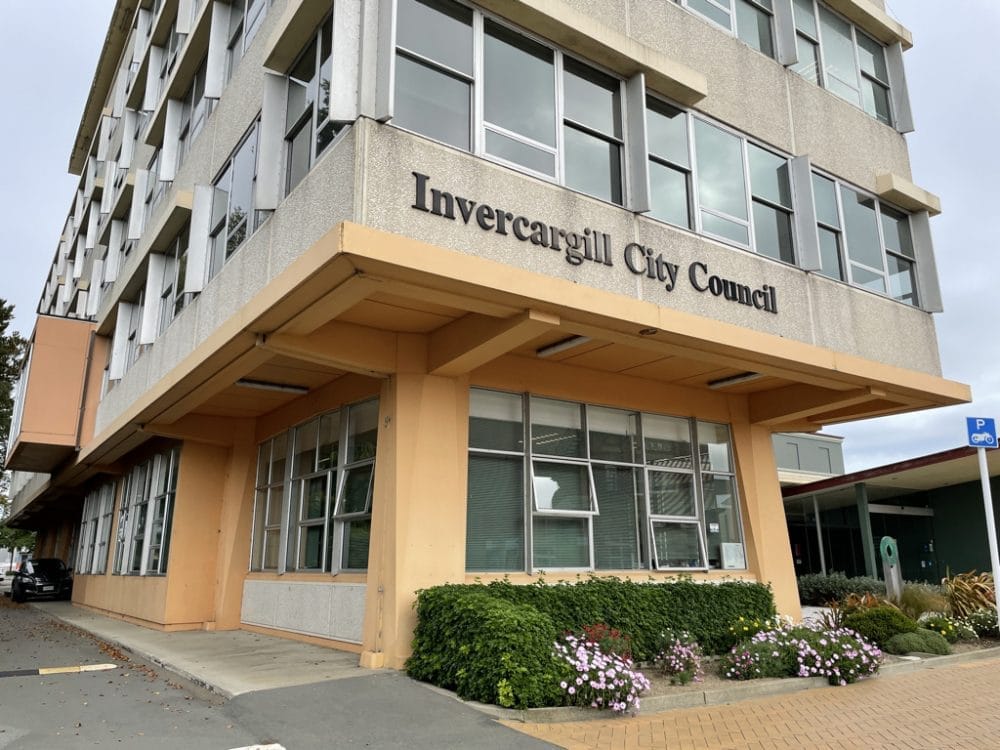An extra Infrastructure Commitee meeting has been called for tomorrow, so councillors can sign off a submission to Parliament on one of the new Three Waters Bills.
A report from Erin Moogan, Group Manager – Infrastructure committee outlined issues in a report to the committee.
The Government plans to create four new publicly-owned Water Services Entities (WSE’s) which will run New Zealand’s drinking water, wastewater and stormwater services – currently operated by councils on behalf of communities.
Its plan is to build these (WSE’s) on the foundations of existing council infrastructure, people, and expertise. The first piece of legislation to make these changes – the Water Services Entities Bill has now become law.
Two further Bills were introduced into Parliament in December and are open for submission, the draft Water Services Legislation Bill (WSL Bill) and the Water Services Economic Efficiency and Consumer Protection Bill (Economic Regulation Bill). Local Government submissions are due by Friday 17 February 2023.
The report outlines issues raised by the draft Bills which are most relevant to Invercargill, and the council opposes being compelled to collect revenue for a service it will no longer control and deliver.
“We are concerned about the process for determining councils’ three waters debts. The outlined process provides no transparent and equitable means by which the Council and Crown may negotiate over this fundamental issue.
“We are concerned that the provisions appear to provide that a WSE will have exemptions from paying rates. WSE infrastructure should not be treated differently to other network infrastructure and WSE’s should pay their way.
“We are concerned that so late in the reform process there are still a significant number of matters that are left to be agreed at a later date, particularly around the regulatory requirements provided for in the Economic Regulation Bill.”
A letter from Mayor Nobby Clark to Parliament’s Finance and Expenditure Commitee outlines the issues in more detail.
“ We have raised repeatedly, with many examples, our very real concern that Invercargill and Bluff ratepayers will be left significantly worse off as a result of this reform, through needing to subsidise less well served communities, through inappropriate valuation of assets and through a likely failure to achieve the expected efficiencies given the reality of the large diverse area covered in the South Island,” he said.
The council also has serious concerns that the Department of Internal Affairs, coming under pressure from communities struggling with the cost of living, will expect local councils to reduce rates in order to partially offset the increases in water rates. This would result in communities paying more for their water and receiving fewer and lower quality services from their local council across a wide range of other areas.


